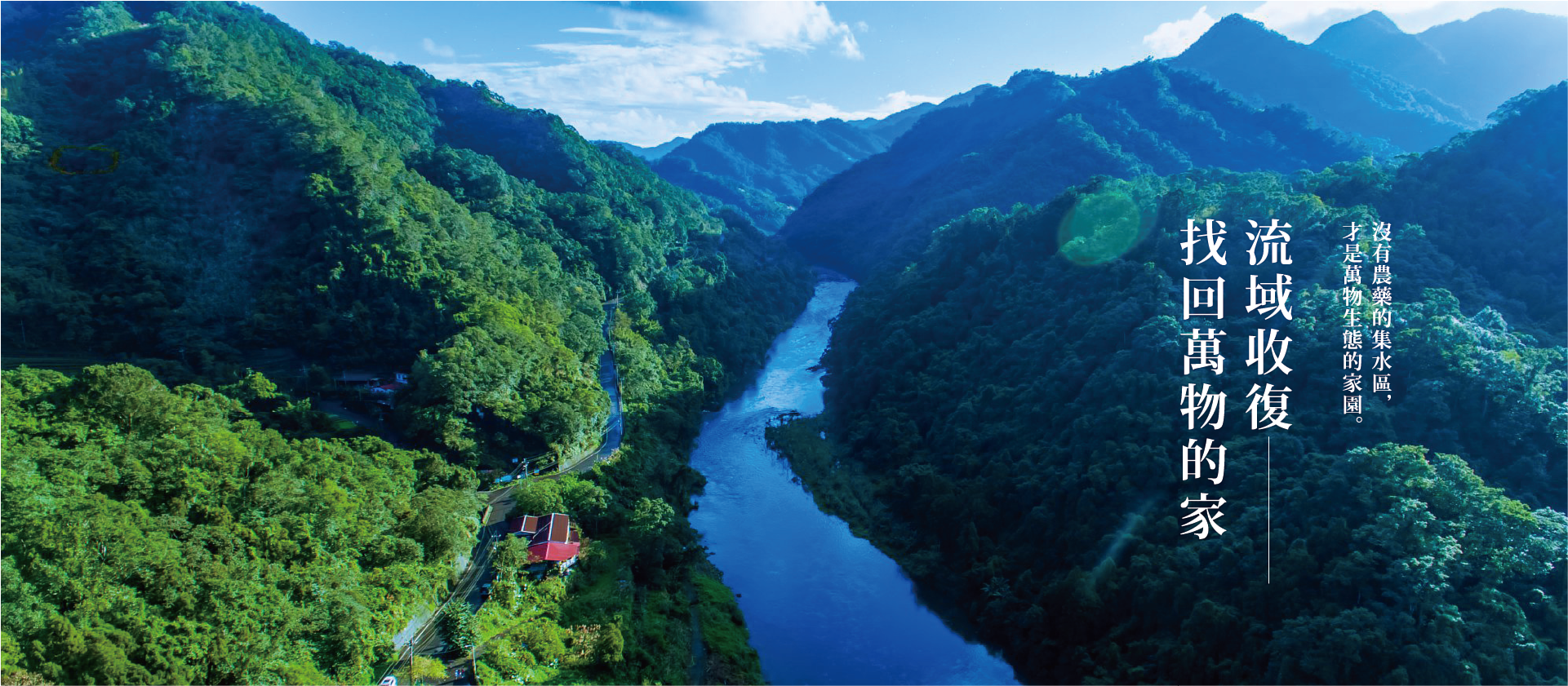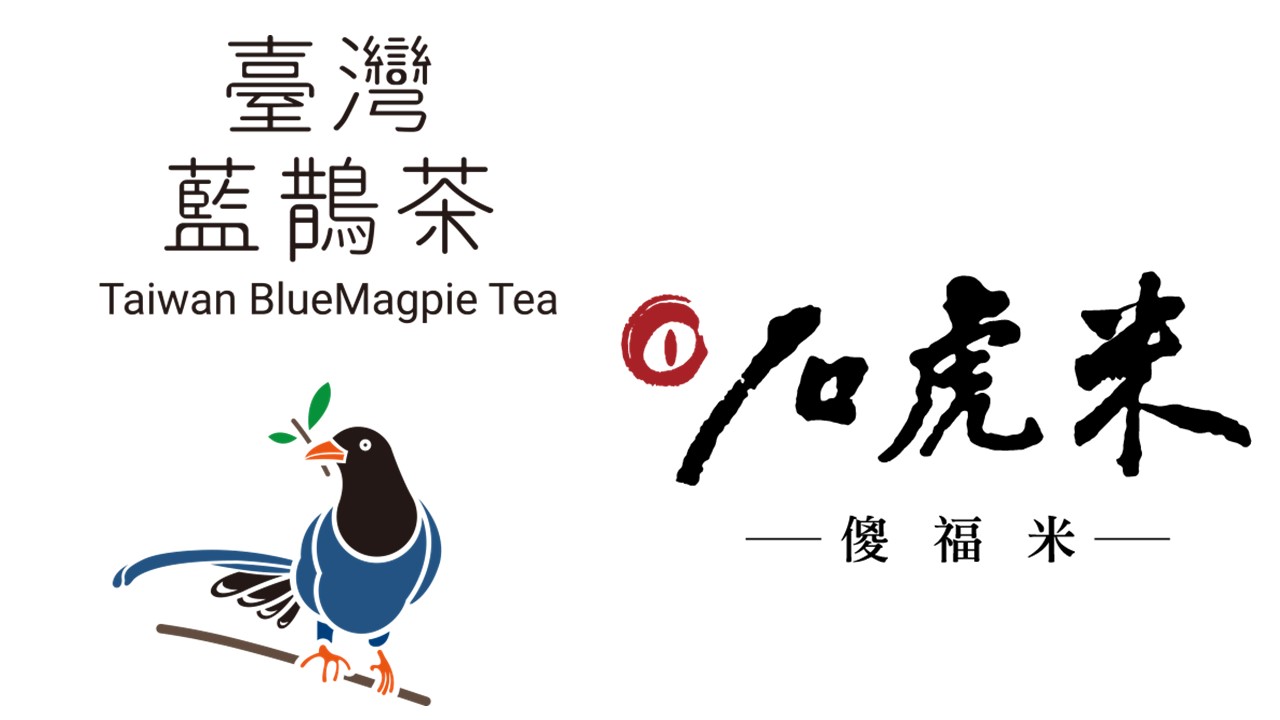



BlueMagpie Tea Social Enterprise Co. Ltd.

Taipei, Taiwan
February 2022
Agicultural support/post-harvest
Agriculture/Growers
Taiwan
“Taiwan Blue Magpie Tea”/ “Leopard Cat Rice” is a social enterprise committed to the "River Basin Recovery” contract-farming plan. "River Basin Recovery" is a model of agricultural and commercial integration, elevating the ecosystem to a brand together with local farmers. The key is to integration the whole catchment area. We are committed to the ''River Basin Recovery" strategy for the sake of "pesticide-free watershed" through environmentally friendly agriculture. To promote the coexistence of ecology and agronomy, we produce various tea products in Pinling. Those are called "Taiwan Blue Magpie Tea". All of them rely on a 100% pesticide and fertilizer free growing method. Under the concept of eco-friendly agriculture, we put all our "pesticide-free watershed" social enterprise efforts into promoting a beneficial coexistence of the leopard lats’ habitat and agronomy. To achieve this, the expansion of the habitat is a core element of our overall plan. By relying on environmental friendliness in farming, rather than pesticides or chemical fertilizers, we now grow the "Leopard Cat Rice".
Overall B Impact Score
Governance 7.1
Governance evaluates a company's overall mission, engagement around its social/environmental impact, ethics, and transparency. This section also evaluates the ability of a company to protect their mission and formally consider stakeholders in decision making through their corporate structure (e.g. benefit corporation) or corporate governing documents.
What is this? A company with an Impact Business Model is intentionally designed to create a specific positive outcome for one of its stakeholders - such as workers, community, environment, or customers.
Governance 7.1
Governance evaluates a company's overall mission, engagement around its social/environmental impact, ethics, and transparency. This section also evaluates the ability of a company to protect their mission and formally consider stakeholders in decision making through their corporate structure (e.g. benefit corporation) or corporate governing documents.
What is this? A company with an Impact Business Model is intentionally designed to create a specific positive outcome for one of its stakeholders - such as workers, community, environment, or customers.
Workers 18.4
Workers evaluates a company’s contributions to its employees’ financial security, health & safety, wellness, career development, and engagement & satisfaction. In addition, this section recognizes business models designed to benefit workers, such as companies that are at least 40% owned by non-executive employees and those that have workforce development programs to support individuals with barriers to employment.
Community 31.1
Community evaluates a company’s engagement with and impact on the communities in which it operates, hires from, and sources from. Topics include diversity, equity & inclusion, economic impact, civic engagement, charitable giving, and supply chain management. In addition, this section recognizes business models that are designed to address specific community-oriented problems, such as poverty alleviation through fair trade sourcing or distribution via microenterprises, producer cooperative models, locally focused economic development, and formal charitable giving commitments.
What is this? A company with an Impact Business Model is intentionally designed to create a specific positive outcome for one of its stakeholders - such as workers, community, environment, or customers.
Environment 31.4
Environment evaluates a company’s overall environmental management practices as well as its impact on the air, climate, water, land, and biodiversity. This includes the direct impact of a company’s operations and, when applicable its supply chain and distribution channels. This section also recognizes companies with environmentally innovative production processes and those that sell products or services that have a positive environmental impact. Some examples might include products and services that create renewable energy, reduce consumption or waste, conserve land or wildlife, provide less toxic alternatives to the market, or educate people about environmental problems.
What is this? A company with an Impact Business Model is intentionally designed to create a specific positive outcome for one of its stakeholders - such as workers, community, environment, or customers.
Customers 3.1
Customers evaluates a company’s stewardship of its customers through the quality of its products and services, ethical marketing, data privacy and security, and feedback channels. In addition, this section recognizes products or services that are designed to address a particular social problem for or through its customers, such as health or educational products, arts & media products, serving underserved customers/clients, and services that improve the social impact of other businesses or organizations.